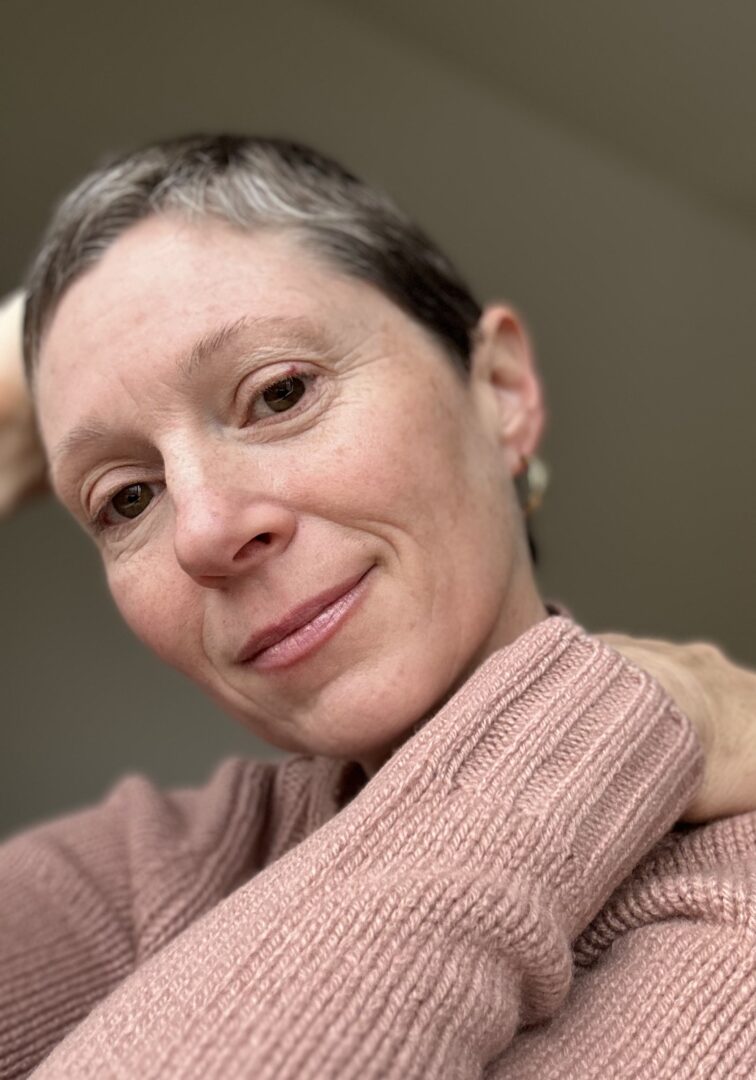We recently had the chance to connect with Sarah Nikolovska and have shared our conversation below.
Hi Sarah, thank you so much for taking time out of your busy day to share your story, experiences and insights with our readers. Let’s jump right in with an interesting one: What is a normal day like for you right now?
Normal. What is “Normal”? I am not sure that I can tell you what a normal day looks like for me because my life has changed radically this year, but I can tell you what my average day looks like now. You see, in May of this year my father passed away. Two months later, I boarded a train from Los Angeles bound for Western New York State, back to the farmhouse of my childhood. My mornings are now spent feeding cats, walking my dog Ollie, not down the streets of West Hollywood, but the through dew covered fields of the Finger Lakes.
I traded helicopters for Bald Eagles, mist has replaced smoke from wildfires and I no longer use an alarm clock to wake up in the morning unless I have a very early appointment. Once the animals have been taken care of, I prepare for my sessions and then spend a few hours working with my online clients. The fact that they are on west coast time gives me a buffer in the morning to prepare and get things done without a sense of urgency. After I wrap up with my clients, the real “work” begins.
Becoming the steward of an 1890’s farmhouse involves a lot of cleaning, scrubbing, sorting, landscaping, rebuilding and restoring. Each week I set priorities in terms of the tasks that require my focus. This helps me avoid feeling completely overwhelmed by the sheer volume of work that needs to be done. At 5:30pm I feed the cats again and water the garden. I make myself dinner and then sit on the front porch for a few minutes as the sun goes down. The evenings bring the deer, who graze in the field at twilight. After that, I rest. I take stock of the progress that I have made and I remind myself not just that I can do this, even on my own, but that I AM doing this.
Even though my father is gone and my business has shifted, I am not alone. I have the support of my clients, friends and neighbors as well as the company of my little rescue dog Ollie. In my down time, I like to stream British Bake-off or something equally entertaining and then after a few hours, I welcome sleep. Six months ago, I never would have imagined that I could feel this calm in such a remote place, especially with so much work to be done on the property, but there is something very healing about creating and building a space that will hold new memories.
Can you briefly introduce yourself and share what makes you or your brand unique?
My Name is Sarah Nikolovska. I am the owner and sole proprietor of Recentered Movement, a spin-off of a wellness collective that I started prior to the COVID-19 pandemic. As a physical rehab specialist and trauma coach, I use techniques such as Muscle Activation, isometrics, Pilates, resistance training and light therapy to help the body, while providing guidance and support for my clients on their healing journey. But healing is not linear, and additional support is often needed. To that end, in 2018, I created an online space called The [RE]Centered Movement, where fully vetted, like minded practitioners could introduce themselves and their businesses to a shared community, referring clients to each other when the need for additional skillsets arose.
Unfortunately, the relocation of many of the participating members of The [RE]Centered Movement, in response to the pandemic, meant that we could no longer easily share or refer clients to one another. So what do you do? For me the answer was pivot. I used to get and still receive emails inquiring about franchise opportunities for The [RE]Centered Movement, but we were never a consolidated entity, there was no hierarchy, no single owner. We were a community of independent practitioners working within an open framework. So instead of franchising, which would betray the balance that The [RE]Centered Movement looked to create, I decided to create Recentered Movement, a new business that provides educational support and seminars for practitioners who want to branch out and connect with others in the spirit of community.
To this day, I continue my own work as a physical rehab specialist and trauma coach, but now I am working to bring that knowledge to others, encouraging them to build their own networks, fashioned after the original [RE]Centered Movement. While I am still developing the website, which will be launching in January of next year, I can share that there will be content pertaining to business development, networking, building community as well as how to integrate trauma informed work into an Personal Training practice. Now more than ever, we need healing and the support of community, and what better way to memorialize the mission of The [RE]Centered movement than to help other build their own autonomous communities dedicated to healing.
Appreciate your sharing that. Let’s talk about your life, growing up and some of topics and learnings around that. What was your earliest memory of feeling powerful?
“I got it!” My first words at the age of 9 months. I was reaching for something on the sofa and I pulled myself up off the floor (I hadn’t quite started walking yet) and I grabbed it. With a resounding, “I got it!” I celebrated my very first success. I don’t actually remember the successes of my life in the same way that I remember the struggles, and many have presented themselves over the years. But I do remember the feeling of confronting those challenges, the frustration, the exhaustion and also the determination I felt. I simply would NOT allow myself to fail. That drive is a fundamental part of who I am. I pivot, I learn, I ask for help, I think outside the box, I create solutions when obstacles arise. It takes time, effort and energy but in the end… “I got it!”
What fear has held you back the most in your life?
This is a very powerful question and probably one of the most challenging to answer honestly, to do so requires both vulnerability and deep self-awareness. You see fear takes many forms. For example, there are very clear and identifiable fears that arise in the face of a threat, like a barking dog or a speeding car. Then there are the fears that unconsciously shape our choices in life. These are the fears that do the most damage because they are subtle and often we are completely unaware of what has triggered them.
My deepest fear, and the one that has held me back the most, has to be the fear of trusting others. I used to joke that I have never been afraid of intimacy, but I definitely have issues with proximity. It turns out that this fear is very common in people who suffer from complex childhood trauma. Growing up in an environment where you can not rely on your caregivers for your basic needs, like love and safety, drastically shapes one’s ability to connect and trust later on in life, and like many others, I learned, as a child, that I could not depend on my parents. My mother could be doting one minute and then want nothing to do with me the next. Shutting me in my room was, to her, an exercise in “building independence”, even at the ages of 2 or 4. My father was, himself, a victim of abuse at the hands of his own parents. His yelling turned many a family outing into a soul crushing exercise in humiliation.
The unpredictability of their behavior created within me the need to shift away from closeness. As a result, I have spent the greater part of my life keeping people at arm’s length, completely unaware of how skilled I had actually become, not just at maintaining a distance, but at actively pushing them away. And then I read the following quote, “Not asking for help is a trauma response.” It was a revelation, and the first step on a path to being less fearful.
Sure, so let’s go deeper into your values and how you think. What are the biggest lies your industry tells itself?
Uff! “My Industry” This is such a misnomer in my opinion, because you cannot put “health and wellness” and “industry” in the same sentence without an implicit conflict. If we define optimal health as an ideal state of balance between the physical organism, and the social, psychological/emotional, environmental and economic states of wellbeing then we must also accept that this optimal state cannot be supported by an “industry”, an entity that exists separate from and outside of that “optimal” landscape. Based on this definition, health and “optimal health” can only be cultivated within community, within nature, within a supportive and integrated network. I would love to see the word “industry” removed completely from health and wellness, but I fear that many are doubling down on the mechanization of the field.
Probably the most horrifying move, to date, is the integration of AI into the virtual healthcare panorama. It isn’t enough that you only get 10-15 minutes with a stressed out health care provider when you go to their office, but now I see job opportunities all over LinkedIn for MDs, physical therapists, health and wellness coaches, as well as personal trainers, all geared at training the latest AI programs to do their jobs for them. Not only does the concept of AI in healthcare completely miss the mark with respect to the interpersonal aspect of healing but it is also a tremendous waste of the power of AI. This isn’t about improving health or wellness, it is about profits and making people redundant.
Okay, so let’s keep going with one more question that means a lot to us: What will you regret not doing?
Perhaps you can already predict based on my previous responses, but I don’t have much time for regret. I have watched my parents and occasionally friends struggle as they repeat the same patterns over and over again, unable or unwilling to change or adapt, perpetually unsatisfied with relationships or jobs or other aspects of their lives. As I see it, regret stems from an inability to change one’s approach, wether personally or professionally. It is the unspoken part of ourselves that never gets voiced, the truth that we never reveal, to ourselves or others. It takes courage to be fully oneself, but the payoff is no regrets.
Contact Info:
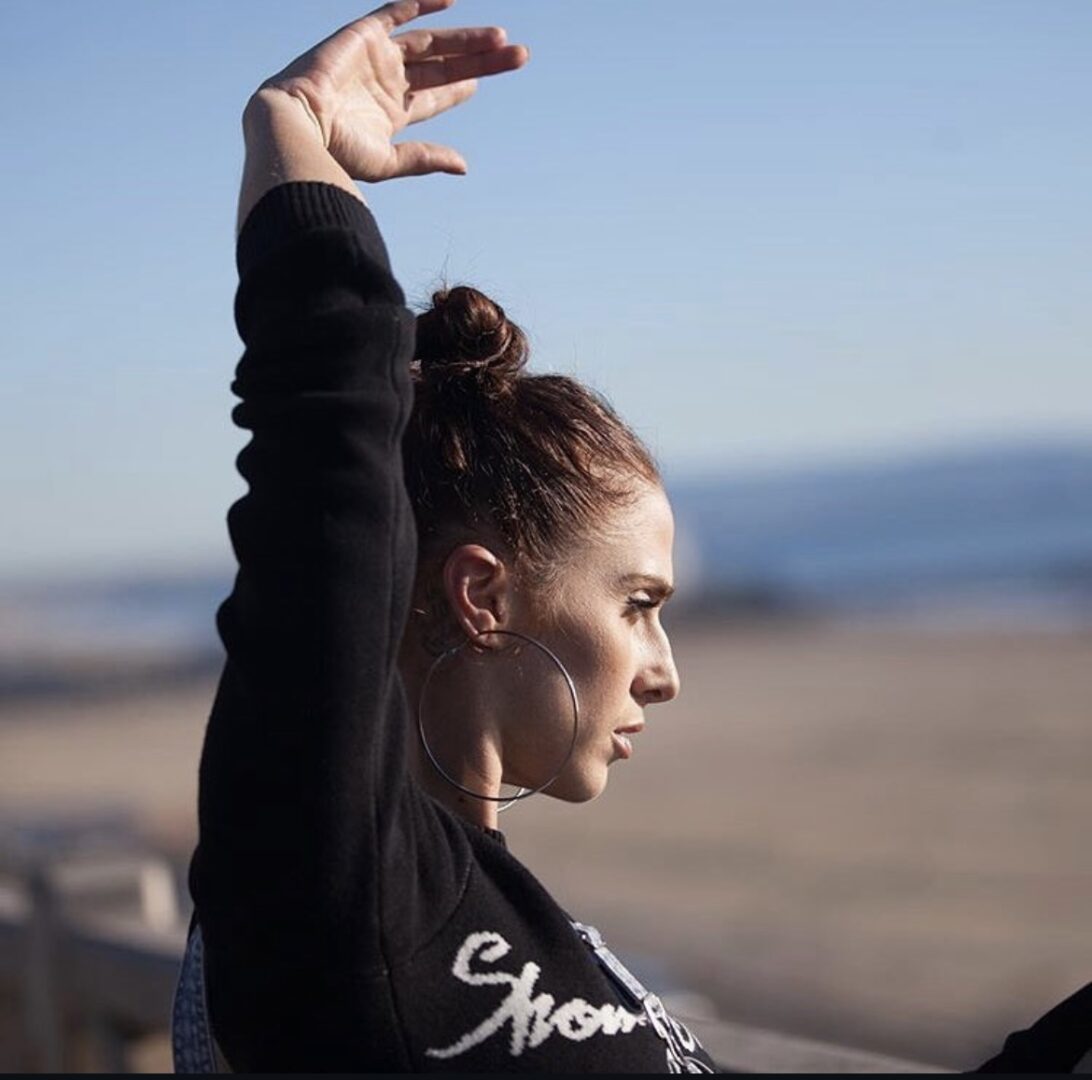
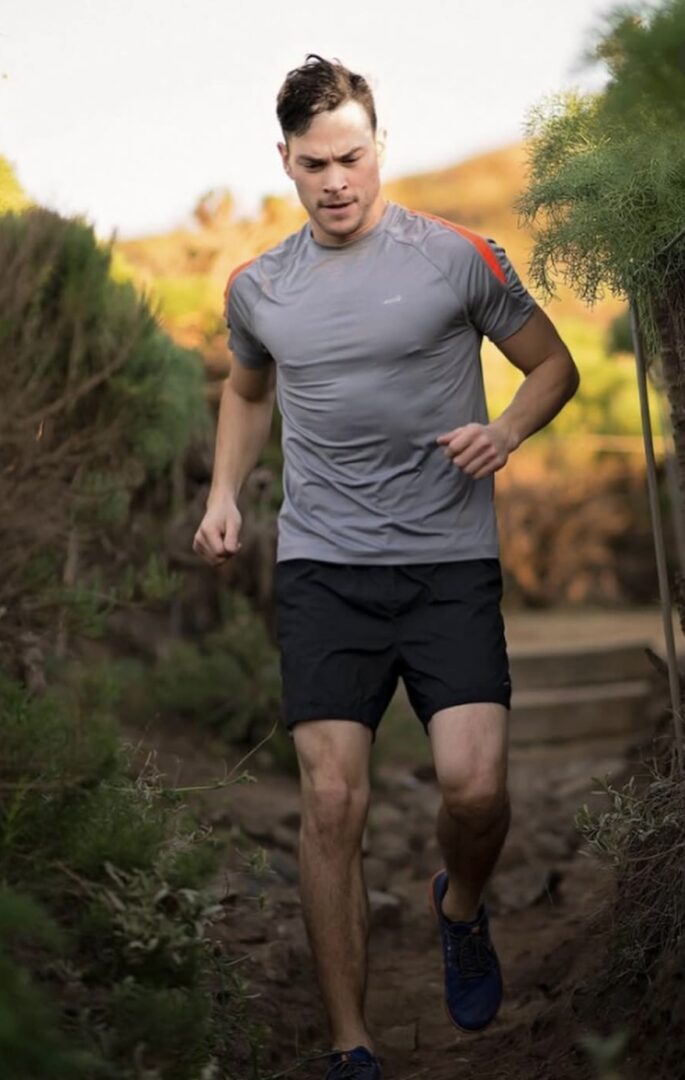
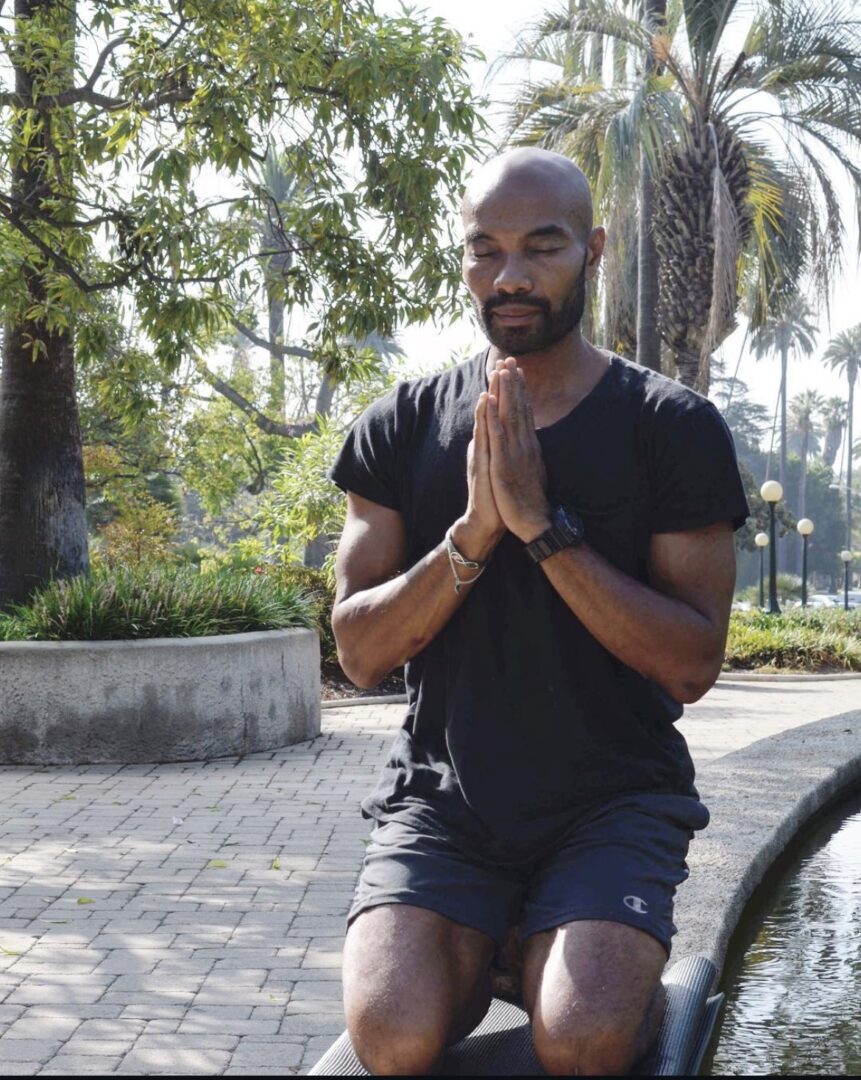
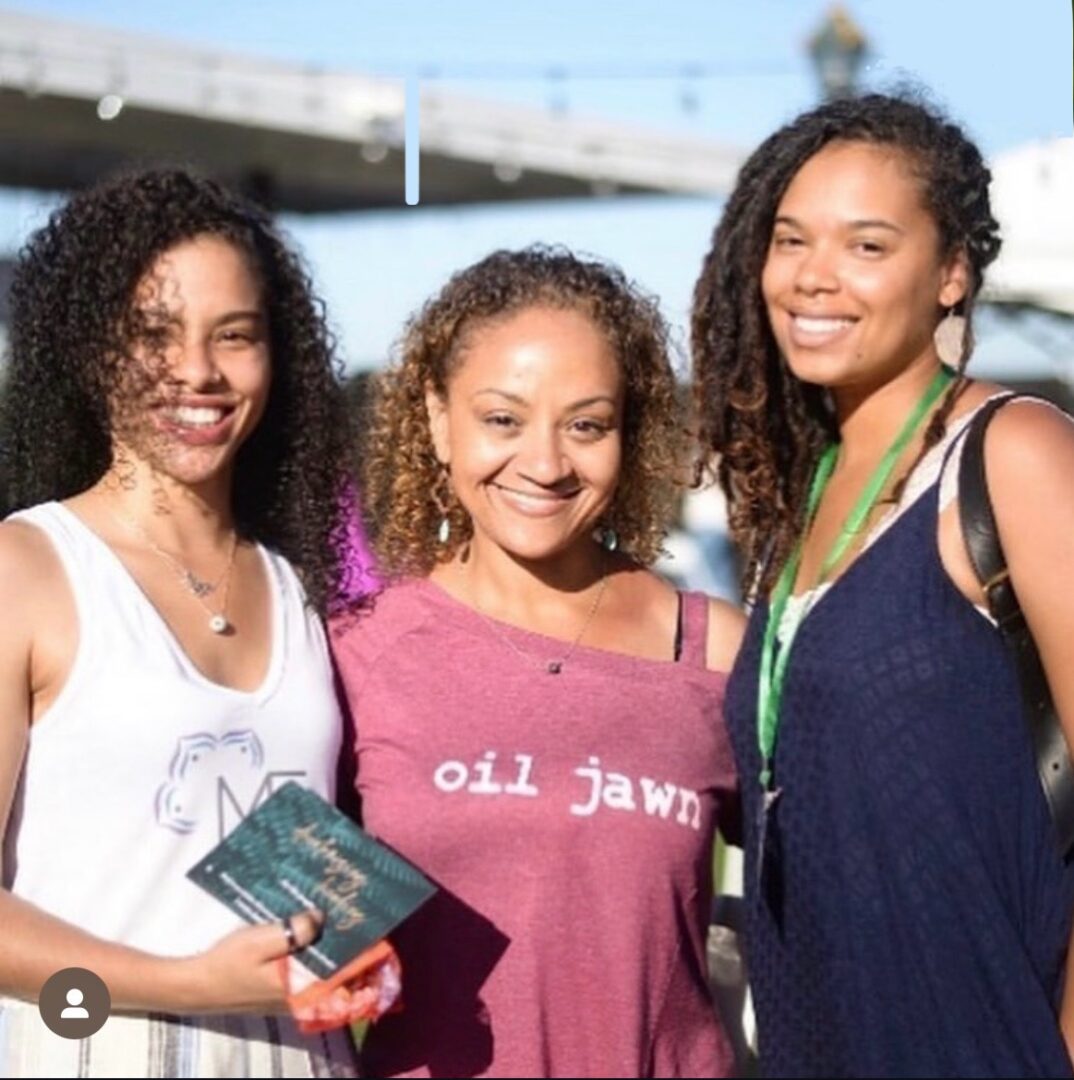
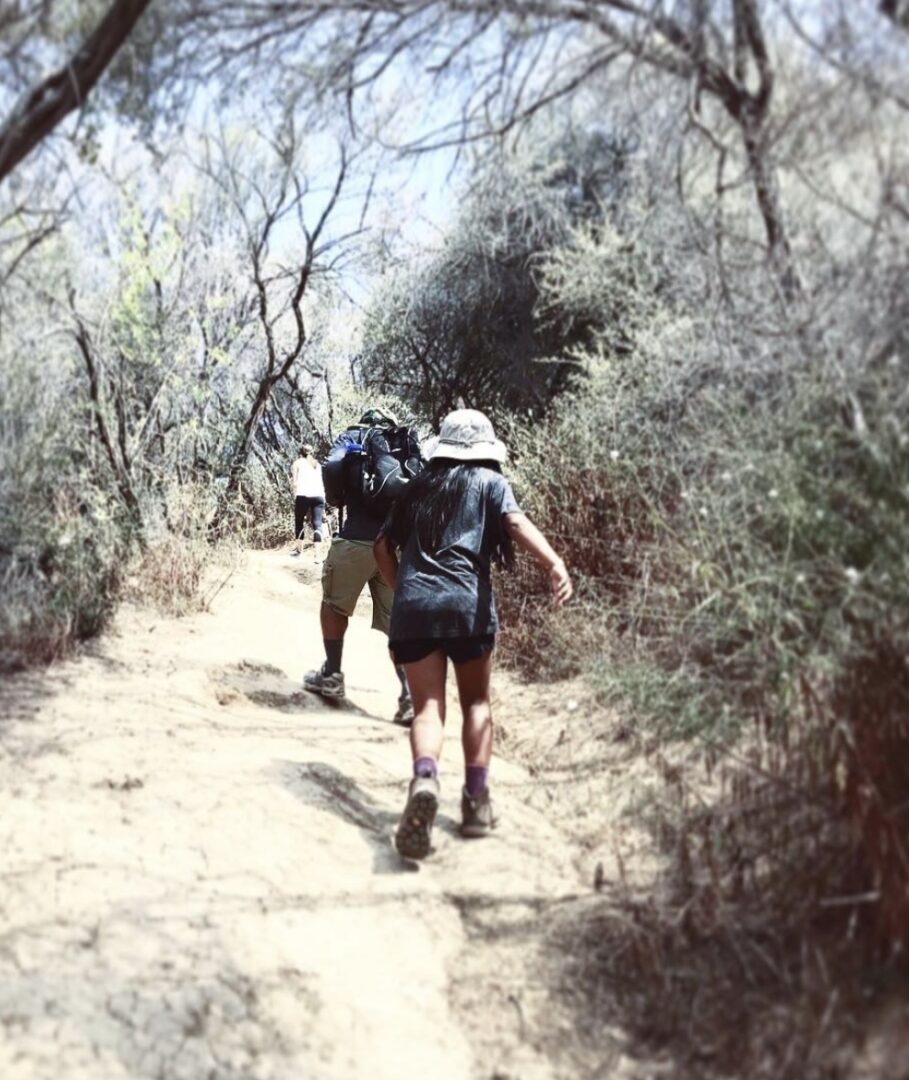
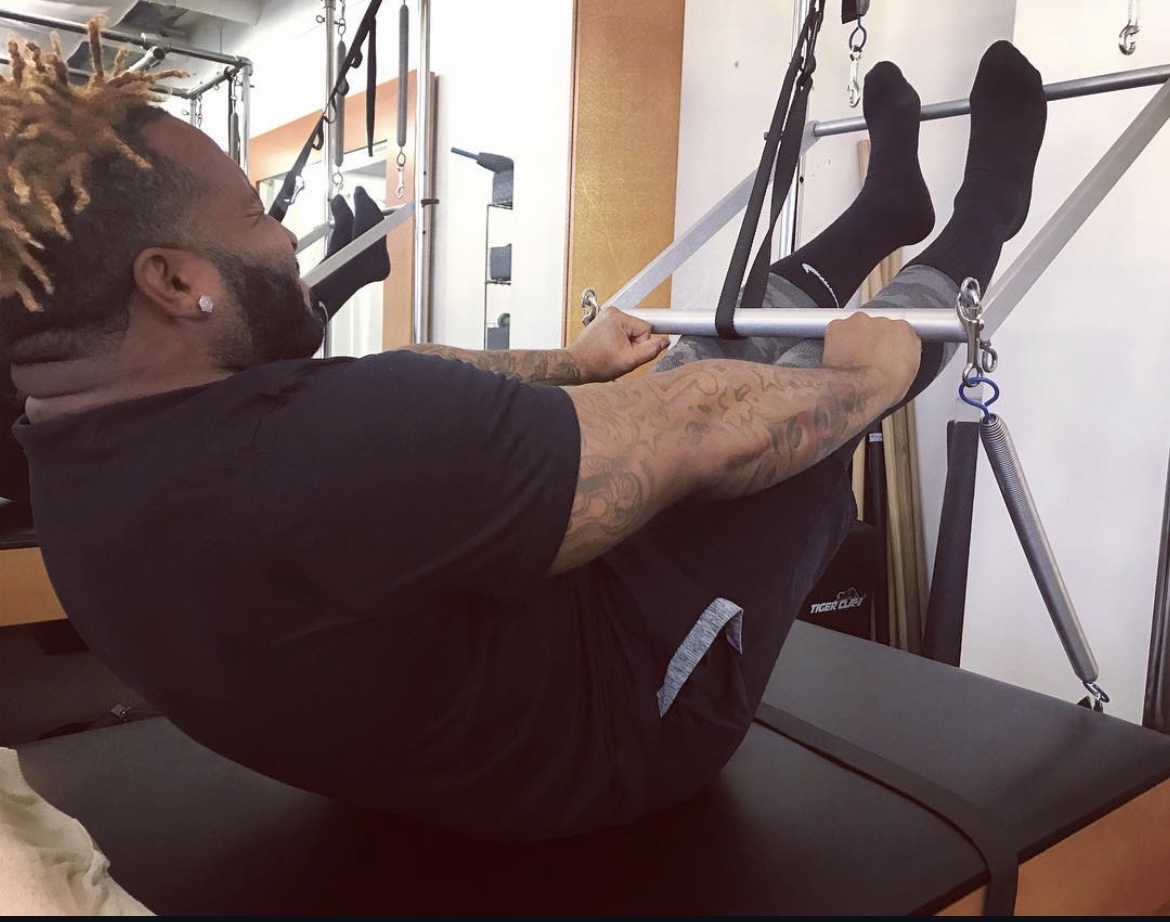
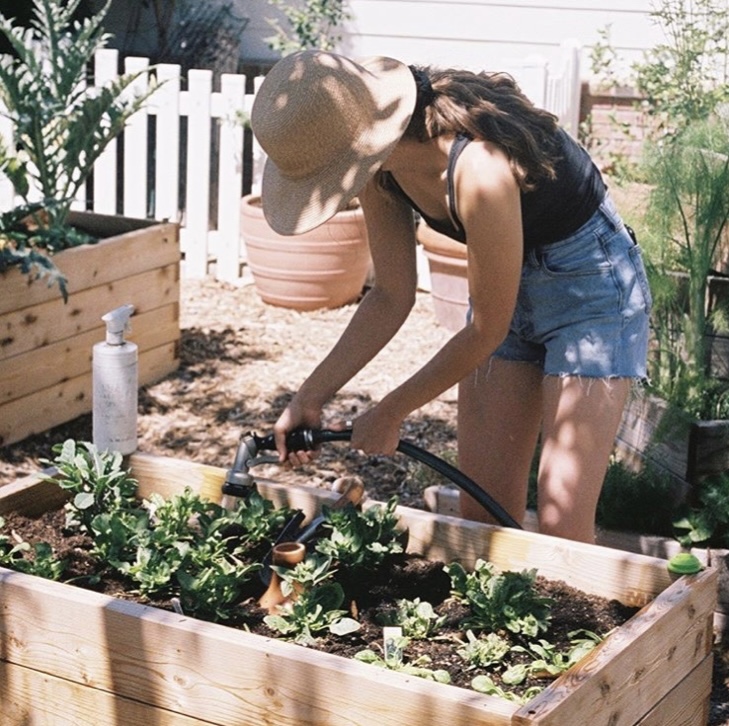
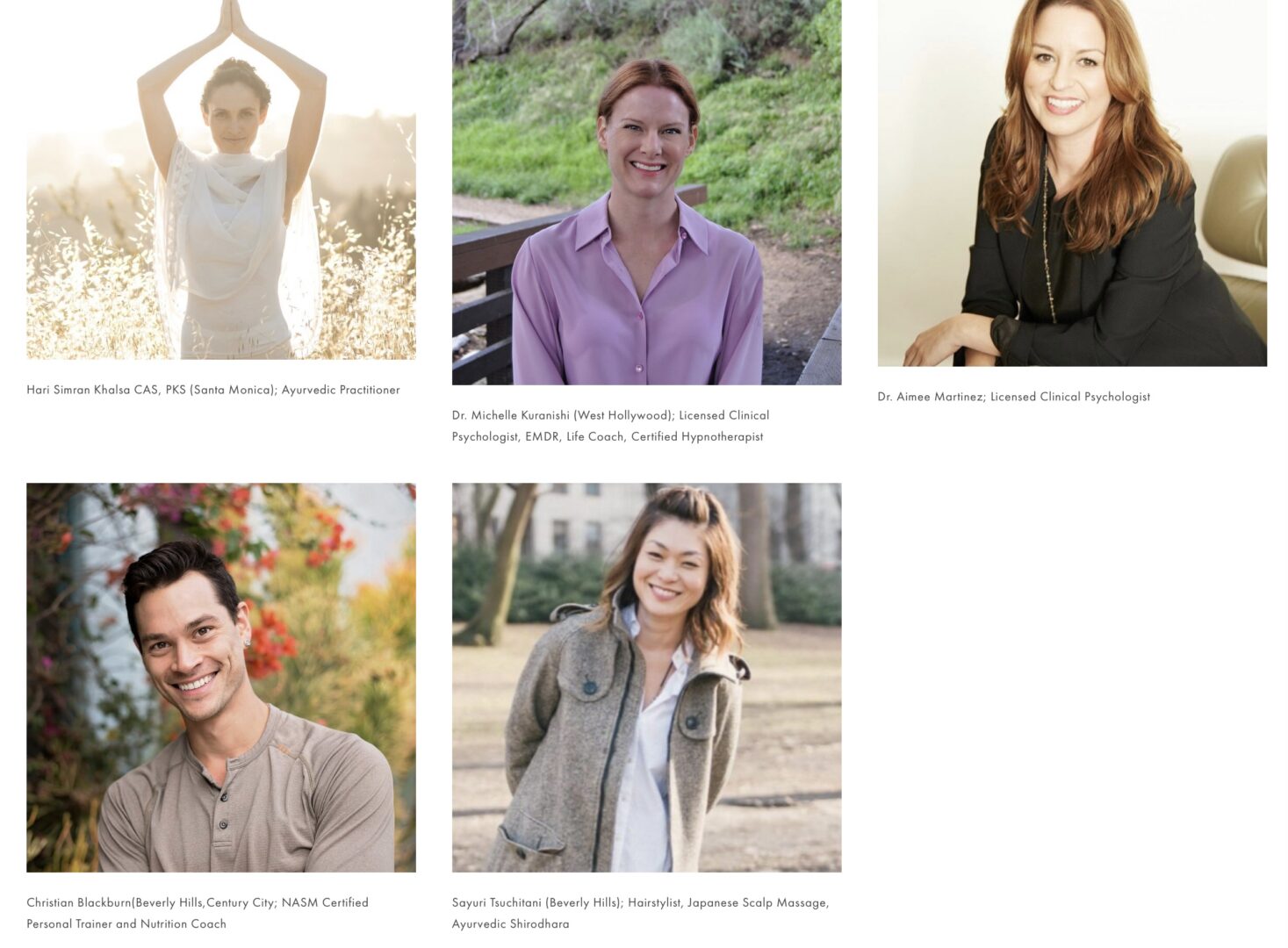
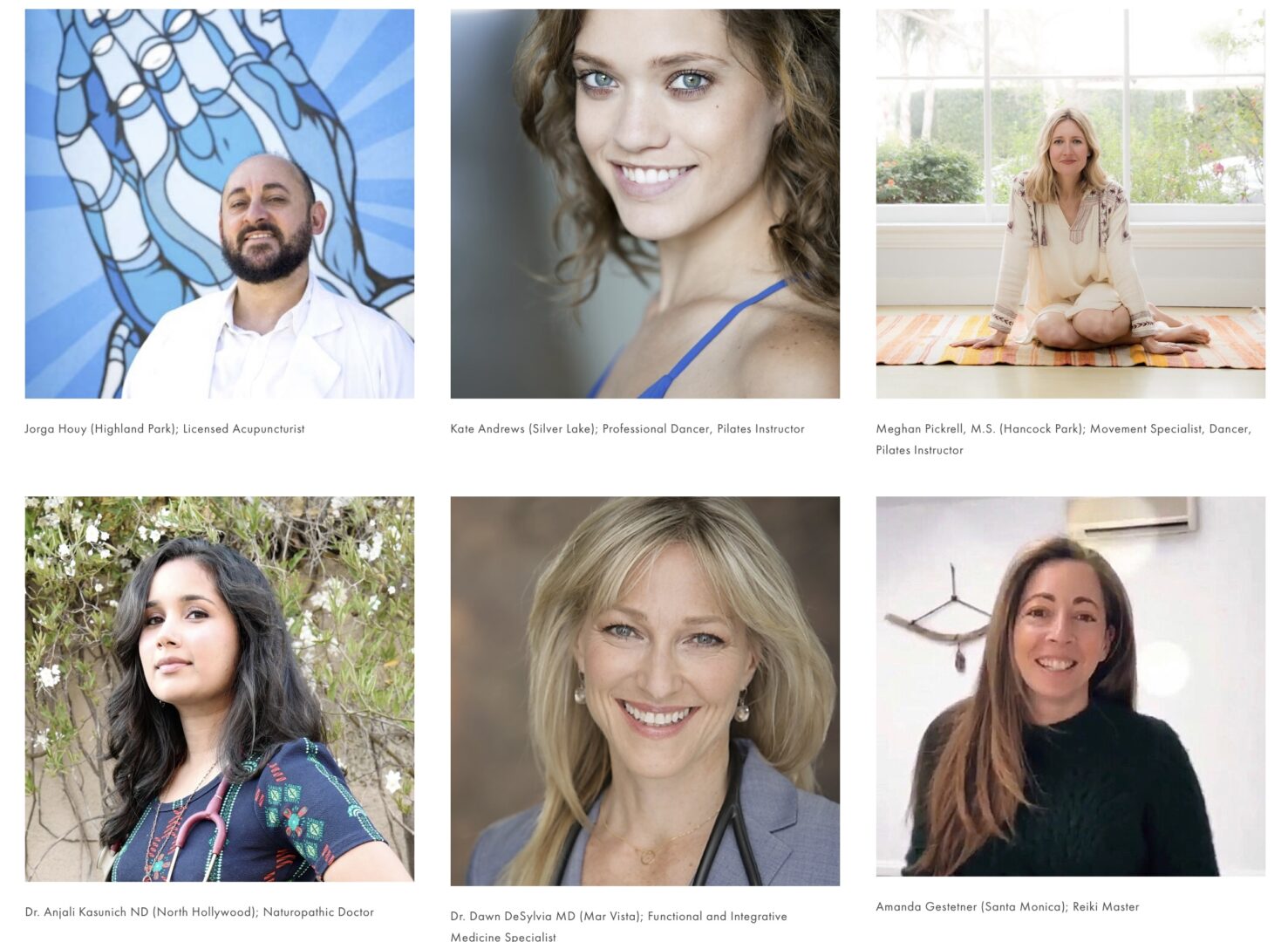
Image Credits
1) Sarah Alice Burns
2) Christian Blackburn
3) Richard Roundtree
4)Adrienne Carwheel
5) Hikers in Malibu Creek Trail
6) Willie Crummie
7) Sophie Pennes
so if you or someone you know deserves recognition please let us know here.

